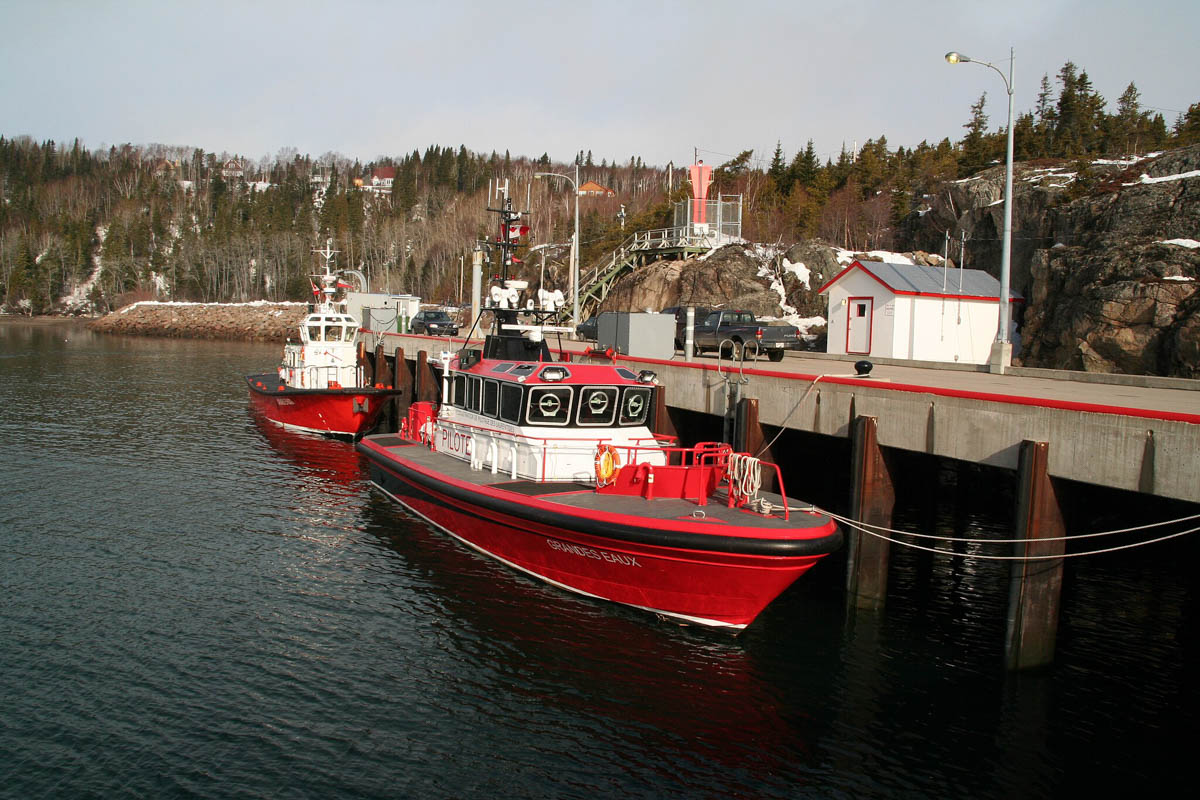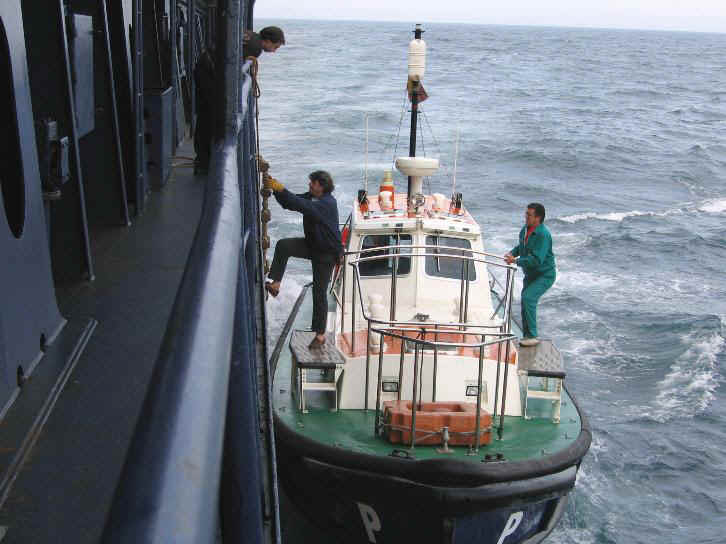A mariner with specific expertise of a waterway, such as a harbour or river mouth, that is frequently hazardous or crowded is known as a maritime pilot, marine pilot, harbour pilot, port pilot, ship pilot, or just pilot. Pilots in the maritime industry are aware of local specifics such depth, currents, and dangers. They must also be skilled in managing ships of different shapes and sizes because they board and temporarily join the crew to safely navigate the ship’s trip. The title of “maritime pilot” can only be obtained by obtaining a license or authorization from a recognized pilotage authority.
The term “pilot” is thought to have originated from the Middle French word “pilot,” “plot,” Italian word “pilota,” Late Latin word “plottus,” and finally the Ancient Greek word “πηδόv” (pēdón, “blade of an oar, oar”).
The origins of the pilot’s job can be found in Ancient Greece and Rome, when incoming ship captains hired local harbour captains with experience, primarily fisherman, to bring their commerce vessels into port.

The pilot boat was designed to get to incoming ships from port in a timely manner. Harbour masters started imposing rules on incoming ships to bring pilots on board, as well as licensing and insurance requirements for pilots.
Pilots known as trip pilots are also essential to the inland brown water trade. These freelance contractors cover the voids in the manning schedule on inland push boats on different inland river routes since there is a lack of certified posted masters.
A pilot is “any person not belonging to a ship who has the conduct thereof”—someone other than a crew member who has control over the ship’s speed, direction, and movement—according to section 742 of the Merchant Shipping Act 1894 (57 & 58 Vict. c. 60). In the UK, harbour pilotage and maritime pilot management are governed by the Pilotage Act 1987.
In Canada, pilot boats are used to direct ships through locations that need a certified pilot or bearer of a pilotage certificate to be on board.
In Atlantic Canada, the APA (Authority for Atlantic Pilotage) oversees marine piloting in 17 mandatory pilotage regions. Eleven pilot boats are owned by the APA, and the remaining ones are under contracts with private operators.
Fraser River pilots (British Columbia) oversee the green sections in the mandatory pilotage area, while BC Coast pilots are in charge of the red areas. Ships are guided into Victoria Harbour by BC Coast Pilots.
Pilots are professionals that make sure ships travel safely by applying their local knowledge and marine experience.
Even with a pilot aboard, the master is legally alone in charge of ensuring the vessel is navigated safely. They can remove the pilot from duty and request another pilot if they have good reason to believe that the pilot could endanger the safety of navigation. If a pilot is not needed, they can operate the ship without one. Throughout the duration of the operation, the pilot will always be under the master’s supervision and not part of the “ship’s command chain.” As a vital and essential member of the bridge crew, the pilot stays on board.

In Canada, the base compensation for a marine pilot is from $50,000 to $87,000 year, with an average salary of $66,091. Additionally, certain pilots can get a $50,000–$100,000 sign-on incentive.






